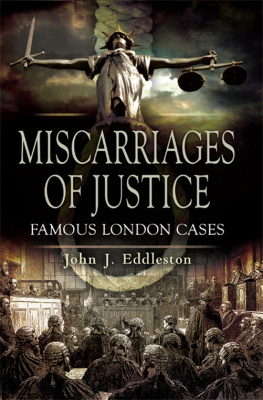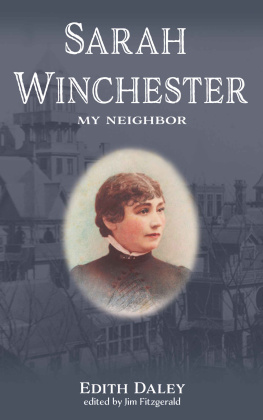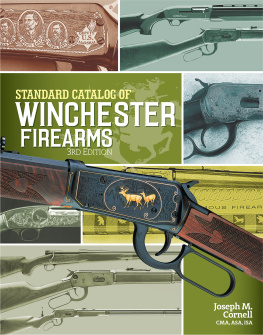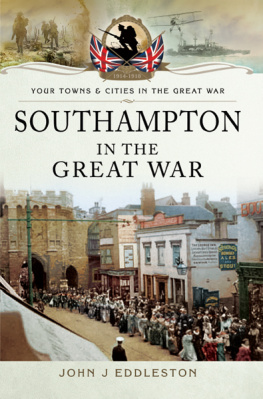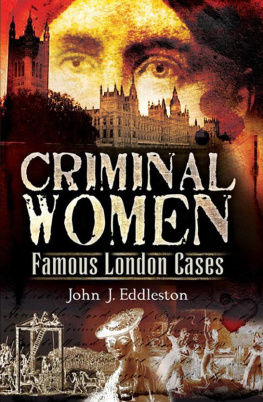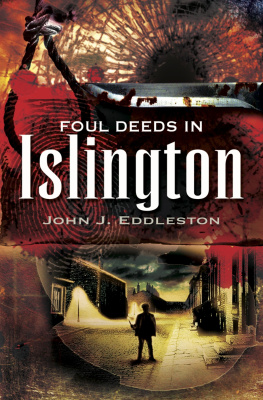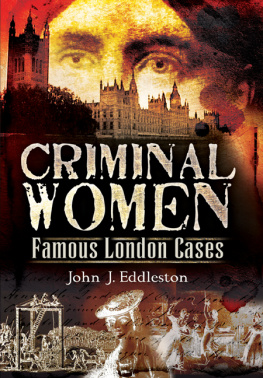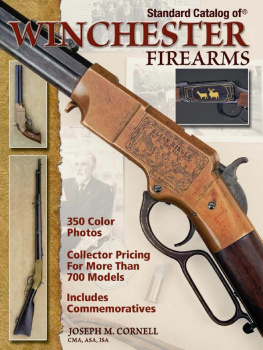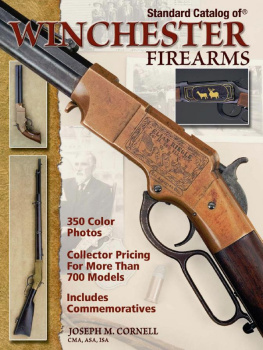First published in Great Britain in 2016 by
PEN & SWORD MILITARY
an imprint of
Pen and Sword Books Ltd
47 Church Street
Barnsley
South Yorkshire S70 2AS
Copyright John J. Eddleston, 2016
ISBN: 978 1 78346 329 9
PDF ISBN: 978 1 47386 593 8
EPUB ISBN: 978 1 47386 592 1
PRC ISBN: 978 1 47386 591 4
The right of John J. Eddleston to be identified as the author of
this work has been asserted by him in accordance with the Copyright,
Designs and Patents Act 1988.
A CIP record for this book is available from the British Library
All rights reserved. No part of this book may be reproduced or
transmitted in any form or by any means, electronic or mechanical
including photocopying, recording or by any information storage and
retrieval system, without permission from the Publisher in writing.
Printed and bound in England
by CPI Group (UK) Ltd, Croydon, CR0 4YY
Typeset in Times New Roman by Chic Graphics
Pen & Sword Books Ltd incorporates the imprints of
Pen & Sword Archaeology, Atlas, Aviation, Battleground, Discovery,
Family History, History, Maritime, Military, Naval, Politics,
Railways, Select, Social History, Transport, True Crime, Claymore
Press, Frontline Books, Leo Cooper, Praetorian Press, Remember
When, Seaforth Publishing and Wharncliffe.
For a complete list of Pen and Sword titles please contact
Pen and Sword Books Limited
47 Church Street, Barnsley, South Yorkshire, S70 2AS, England
E-mail:
Website: www.pen-and-sword.co.uk
Introduction
The city of Winchester is an ancient city. There is evidence of settlement in the area in prehistoric times but it increased in importance at the time of the Roman conquest when it became the capital city of the local tribe, the Belgae and as such was named Venta Belgarum.
A link with these early times was discovered in 2000 when a hoard of Iron Age jewellery was found buried in a field close to the city. The find was declared treasure trove and valued at 350,000, the highest reward up to that time under the Treasure Act of 1966.
Like many other cities and towns, Winchester began to decline after the departure of the Romans but when England was divided into various Anglo-Saxon kingdoms, Winchester became the capital of Wessex towards the end of the seventh century.
In the ninth century, Winchesters bishop was one Swithun who died in the early 860s. Swithun was buried somewhere outside his church, at his own request, supposedly so his body would be subject to the feet of passers-by and the raindrops falling from the heavens. In 971 his body was moved inside the church and, coincidentally, it rained heavily on that day, a sign that the venerable man was displeased with the move and the legend grew that if it rained on his feast day, 15 July, it would continue to do so for the next forty days.
Once the kingdom of Wessex had unified the other kingdoms such as East Anglia and Mercia into what we now know as England, Winchester became a capital of England, which it remained until after the Norman Conquest in 1066.
A view of the City Cross towards the end of the war.
In 1141 a terrible fire destroyed a great part of the city and led to its steady decline. However, the fourteenth-century Bishop of Winchester, William of Wykeham, greatly helped the citys restoration and founded the famous college.
The famous Pilgrims Way, to Canterbury began at Winchester and not in London as many might think. The City Cross has stood in the High Street for over six hundred years. It was purchased by one Thomas Dummer in 1770, who intended to dismantle it and have it re-erected at his country home. A local riot prevented the move and the cross remained where it was.
A number of famous people are buried in the Cathedral including some Anglo-Saxon kings, such as Egbert, along with later rulers, such as King Canute and the second Norman king, William II. Jane Austen, the author, is also buried there.
Many famous people have been born in Winchester, including Arthur, Prince of Wales who was King VIIs eldest son. He died before his father so never became king but his wife, Catherine of Aragon, then married Arthurs brother, who became King Henry VIII. Another king, Henry III, was born at Winchester in 1207. Two years later, in 1209, Richard, Earl of Cornwall, the younger brother of the future Henry III and who was elected King of the Romans in 1257, was also born in Winchester.
The city is an ancient settlement with many royal connections and a historic significance in social, economic and political events. Although far from being the centre of political life in 1914, nor one noted for massive heavy industrial output, it still played a not insignificant part in Britains war effort. Over the years Winchester has become an important military centre and this aspect comes to the fore in the war years.
CHAPTER 1
The Lull Before the
Storm
1914 opened in Winchester as any other year. The weather was unduly cold and a good deal of snow fell in the area but, for the most part, life went on as it always had before.
Politics and education were in the news in January. On the 14th of that month the headmaster of Winchester School, Mr MJ Rendall, acted as the first speaker in a group of educationalists who made representations to the Prime Minister. In fact, Mr Asquith was in France when the deputation arrived in London, so the group had to make do with Mr JA Pease. Their concern was that any further grants of public money earmarked in the forthcoming Education Bill, should be spent to improve staffing in schools and to increase the basic stipend of teachers. Mr Pease said that he would pass the concerns on to Mr Asquith when he returned to London.
Five days after this, on 19 January, another educational establishment was in the news, but for very different reasons. A burglary took place at Winton House, a school for boys on the outskirts of Winchester. The intruder left behind a loaded revolver, a pair of galoshes and a pair of gloves but had taken a banjo case into which he had crammed a number of silver items including several cream jugs, a Dutch model of a ship, an ornament of a milkmaid with two buckets, a pepper mill shaped like a milk churn, a Queen Anne mustard pot, two large cups and a number of cigarette cases. The only other clues the police had was that a man carrying a banjo case was seen heading towards Winchester railway station and inquiries showed that he had then purchased a single ticket to Waterloo. The investigation then moved to London where, on 23 January, officers found that the items had been sold to a jeweller, but the man had given a false name and address and the trail soon ran cold.
The month of February seemed to be one for the law courts. On the 10th of the month Mister Justice Ridley, sitting at the Winchester Assizes, sentenced William Joshua Woollacott to three years imprisonment. Woollacott was a railway carriage examiner at Bournemouth and was found guilty of stealing luggage from passengers. Though he pleaded guilty to four specimen charges, it was believed that he had committed many more offences over a number of years.
The following day a more complex case opened at the same court. Three members of the same family, Florence Louise Way and her parents, Bertie and Elizabeth, were charged with obtaining 800 by false pretences from Annie Maria Wheeler and her husband William. The story was a most curious one, which the press dubbed the Musical Millions case.






